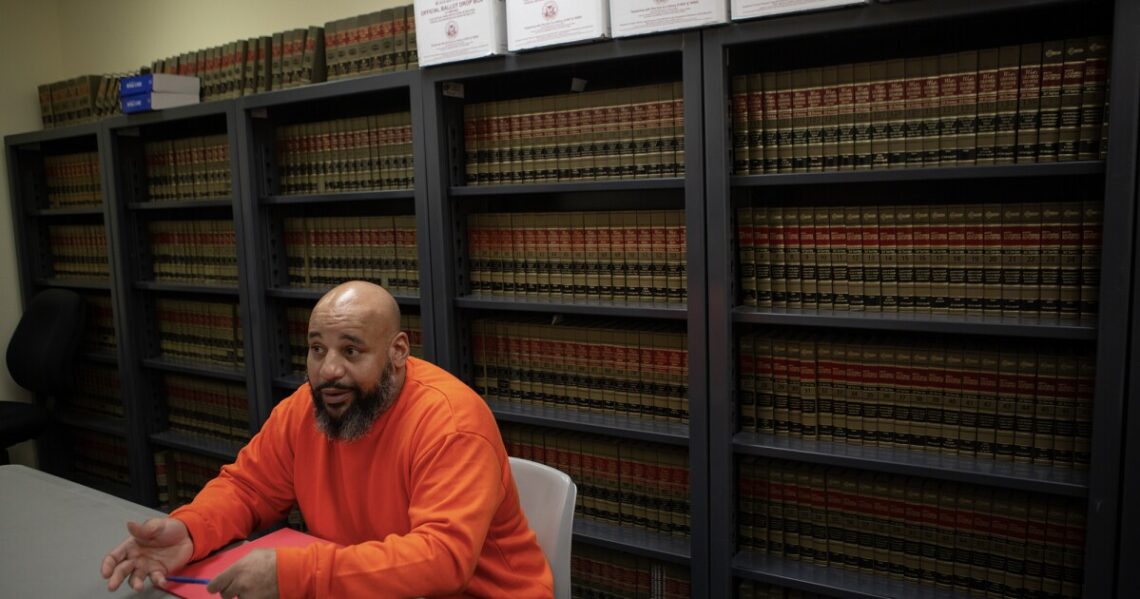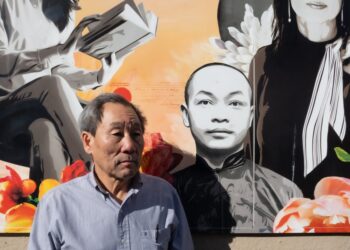Ronald Latney used to believe his vote didn’t matter. But after returning to jail this year, he realized the difference it can make — especially locally.
“I try to tell everybody … like, man, we need to vote, because our lives depend on this,” he said, mentioning district attorney races and bail policies. “That’s very impactful on me and what I’m going through now.”
It also helps him feel involved in the world, he said: “Sometimes we feel like we’re forgotten about, so to speak, except for our family. But this does definitely make me feel like I’m a part of something.”
Latney is able to vote with relative ease at a jail in San Bruno, where he’s serving time. But his experience isn’t all that common.
While California prides itself on making voting easier, some groups of voters still face barriers. That includes many people in county jails, though the state has allowed most to vote since 2016.
The latest data from the California Department of Corrections shows that about 92,000 people are in state prisons, and many are ineligible to vote. But in 2023, another 78,000 were in county jails, according to the Prison Policy Initiative, a Massachusetts-based nonpartisan research group, and about 60% of them have not been convicted of a crime, so are eligible to vote.
A disproportionate number of people in jails are Black or Latino, and sometimes wait years until they go to trial.
Most California jails don’t offer in-person voting, and voting by mail can be challenging. People might be registered at one address, but even if their mail is being forwarded to their jail, they get released or transferred elsewhere.
Advocates who have…
Read the full article here







